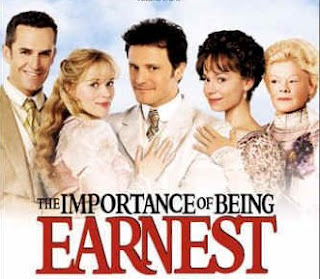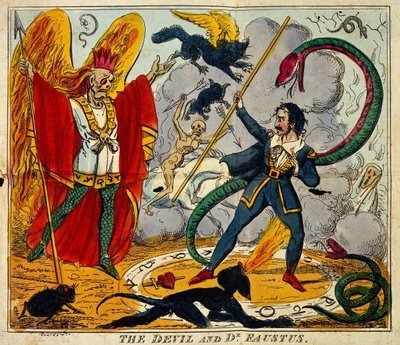History of the collection
There are many collections of poetry since the sixteenth century that have enclosed works attributed to Sir Thomas Wyatt. There remains confusion, however, on the precise variety of poems written by Wyatt; there area unit many reasons for this uncertainty. As several of Wyatt’s works were translations of the Italian author Petrarch et al., some anthologists have chosen to not attribute these versions to Wyatt. Wyatt’s canon is believed to be somewhere between a hundred and 250 poems, not as well as his satires and psalms. an extra complication to obviously establishing the breadth of Wyatt’s work is that the proven fact that he wasn't alone in translating some poems, and it becomes a challenge to attribute properly that version belongs to that author. as an example, the Wyatt literary work ’The Long Love That In My Thought Doth Harbour’ could be a translation of Petrarch’s Rime a hundred and forty. Wyatt’s up to date (sometimes represented as equal, or perhaps superior) Henry Howard, Earl of Surrey, conjointly confined a translation of the Petrarch literary work, that he referred to as ‘Love That Doth Reign and Live among My Thought’. numerous critics have argued the several literary deserves and demerits of the 3 works. it's wrong to dismiss Wyatt’s achievements in remodeling Petrarch’s initial works as mere translation. Wyatt uses the tradition and respect control by Petrarch’s work to scaffold the new variety of English poetry, and to catalogue the political and social tensions of his time.
Apart from the problem of originality, Wyatt’s work is tough to attribute as he used numerous forms among poetry, prose and verse. His canon includes sonnets, epigrams, rondeaux, psalms, letters, songs, ballades, canzoni and satires. Writing during a vary of designs, that explore the styles of literature across the ages and nations, clearly makes the rootage generally tough to ascertain.
Another take a look at to establishing clear authorship of Wyatt’s work is that the proven fact that poems and songs were seldom signed, as they were created to entertain the court and on some occasions namelessness would be acceptable. The court of King of Great Britain was a turbulent one, each politically and socially. The affiliations among court were mercurial at the best, and a few courtiers virtually lost their heads for readjustment opinions that didn't suit the King or his most prestigious officers. Wyatt managed to survive his periods of disfavor: it's possible that a number of his bitterest words were so anonymous at the time.
As Wyatt’s poems were printed solely posthumously, checking their validity with the author wasn't doable, and a want to clarify the poet’s intent usually LED well-meaning anthologists to their own interpretations. There was little or no punctuation among his poems: Wyatt used solely the total stop and also the separatrix (a slash that approximates to pause slightly longer than a comma). moreover, he didn't use capitalization to depict personification. Therefore, his work has been subtly flexed between numerous editors makes an attempt to direct the reader to the ‘correct’ interpretation of Wyatt’s message.
Wyatt’s work was initial anthologized in 1557's Tottel’s Miscellany, the primary written compendium of English poetry. The editors of publisher Richard Tottel selected to govern the rhyme and punctuation of Wyatt’s work. the total title of text, Songes and Sonettes Written By the Ryght Honorable Lord Henry Howard, Late Earle of Surrey, and different shows that Wyatt’s work wasn't thought to be extremely as Howard’s at now. The results of the piece of writing of Wyatt’s work might have brought his work a lot of in line with Howard’s, or a minimum of with what Tottel felt the popular audience would appreciate. no matter motive, Tottel’s version actually interferes with the originality, and doubtless the intention, of Wyatt’s work. This ambiguity and confusion has arisen with every printed edition of Wyatt’s poetry. Editors have tried to rationalize Wyatt’s work with punctuation to help interpretation. However, the final result's that every edition becomes a private judgment on the perceived intent of the author. there's a subtlety in Wyatt’s ambiguity that contrasts superbly along with his rawness of language and expression.
The most reliable supply of Wyatt’s work, therefore, is that the Egerton Manuscript. This version contains revisions and annotations in Wyatt’s own handwriting. There are investigations into the which means and implications of Wyatt’s numerous annotations, however the key purpose of building Wyatt’s awareness of and involvement during this assortment could be a sturdy indicator of believability.










 12:59
12:59
